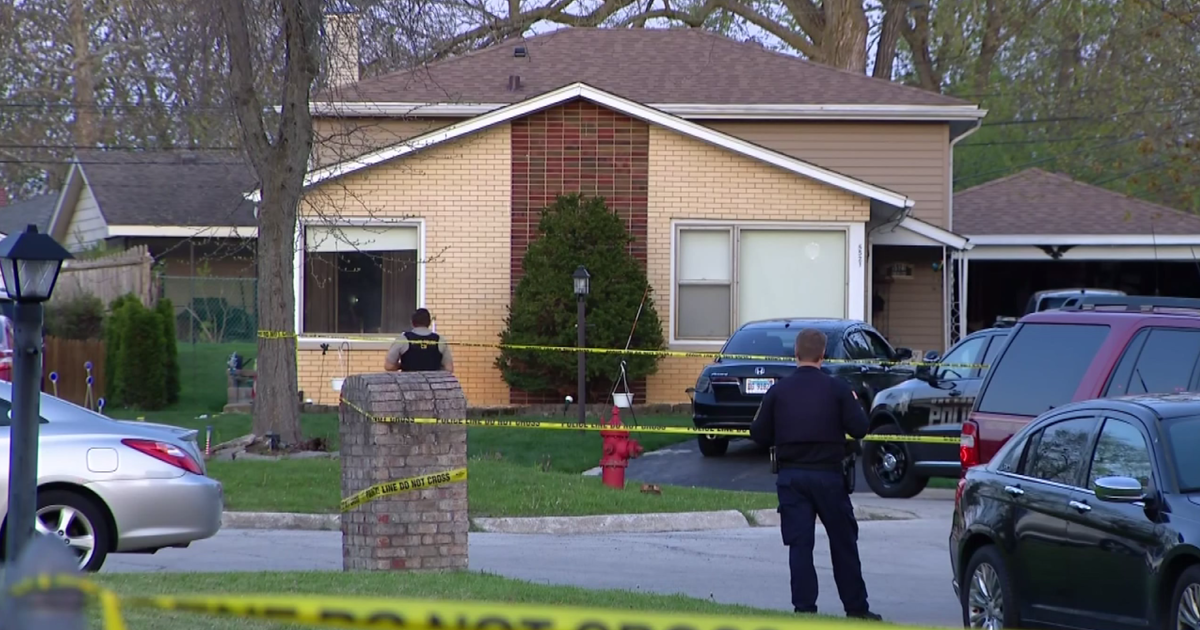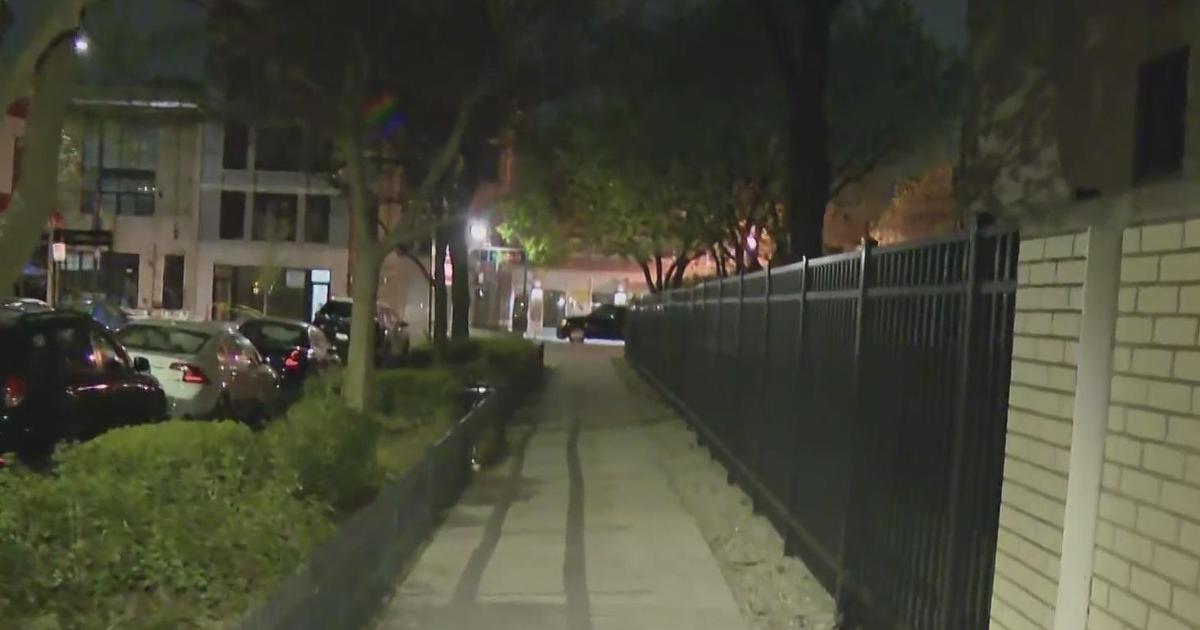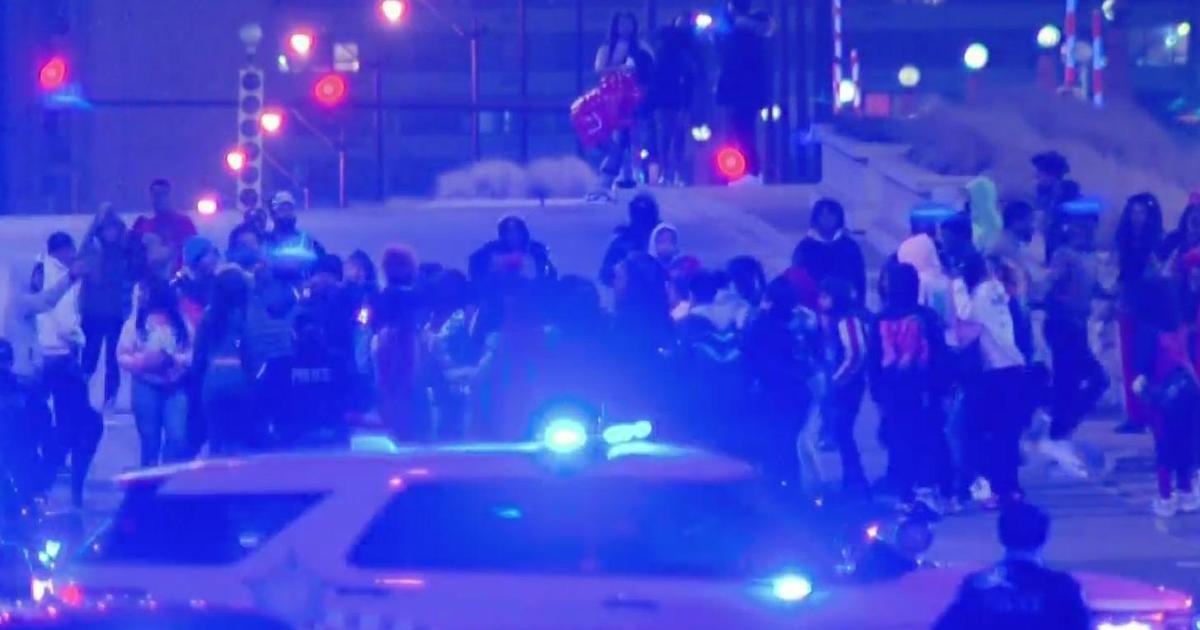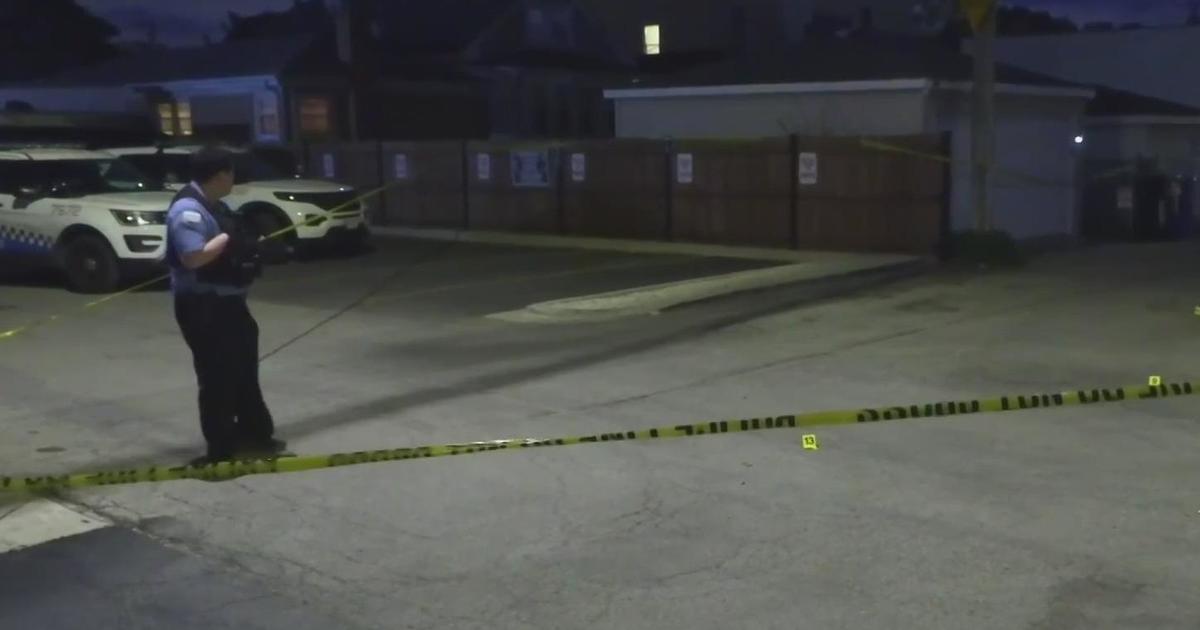Kyle Rittenhouse Trial: Jury Allowed To Consider Lesser Charges As Deliberations Begin Early Next Week
KENOSHA, Wis. (AP) — The jury that will decide Kyle Rittenhouse's fate will be allowed to consider some lesser charges in addition to those prosecutors originally brought against him.
After fierce debate between prosecutors and attorneys for the 18-year-old Illinois man on Friday without jurors present, Judge Bruce Schroeder said he would issue final rulings on Saturday about which lesser charges the jury could consider. But he also made some findings from the bench and indicted how he is inclined to rule on others.
Schroeder's decisions on the matter could be significant, with many legal observers saying prosecutors struggled to poke holes in Rittenhouse's claims that he shot two men and wounded a third in self-defense during unrest in Kenosha, Wisconsin, last year.
Rittenhouse, who was 17 when he fatally shot two protesters and wounded a third in August 2020 during a chaotic night of protests in Kenosha over the police shooting of Jacob Blake, a Black man, testified that he had acted in self-defense. Jurors are expected to begin deliberating Monday in the case that has left Americans divided over whether the Illinois teenager was a patriot who took a stand against lawlessness or a vigilante who brought a gun to a protest.
Rittenhouse is charged with several counts, including homicide and attempted homicide, in the killings of Joseph Rosenbaum and Anthony Huber and wounding of Gaige Grosskreutz. Wisconsin law allows the prosecution and defense to ask that jurors be told they can consider lesser charges as part of the instructions they receive before deliberating the case.
With many legal observers saying prosecutors struggled to poke holes in Rittenhouse's self-defense claims, Schroeder's decisions on what to allow in terms of lesser charges could be significant.
The judge said he would issue his final rulings on Saturday, but he also made some findings from the bench and indicated how he was inclined to rule on others.
He addressed Rittenhouse directly at one point toward the end of the day's proceedings, which took place without the jury present. He told the defendant that by having the lesser charges included, "you're raising the risk of conviction, although you're avoiding the possibility that the jury will end up compromising on the more serious crime. And you're also decreasing the risk that you'll end up with a second trial because the jury is unable to agree."
Rittenhouse said he understood.
Rittenhouse, now 18, faces one count of first-degree reckless homicide in the shooting death of Rosenbaum, who was the first person he shot after Rosenbaum chased him into a used car lot. Prosecutors sought to add a second-degree reckless homicide charge, which would not require prosecutors to prove that Rittenhouse had shown an utter disregard for human life. After the defense objected, Schroeder said he was unlikely to allow the jury to consider the lesser charge because he thought a subsequent guilty verdict on second-degree reckless homicide would be overturned on appeal.
Rittenhouse also faces two charges of first-degree reckless endangerment: one for firing at an unknown man who tried to kick him in the face and another because a reporter was in the line of fire when Rittenhouse shot Rosenbaum.
Schroeder said he was inclined to allow a lesser charge of second-degree reckless endangerment when it comes to endangering the reporter, but that attorneys shouldn't be surprised if he doesn't allow it. He also said he wouldn't allow the lesser charge in the case of the unidentified man who tried to kick Rittenhouse.
Rittenhouse also faces one count of first-degree intentional homicide in Anthony Huber's death, which carries a mandatory life sentence. Huber swung his skateboard at Rittenhouse after the teen killed Rosenbaum.
The defense did not object to adding lesser counts of second-degree intentional homicide and first-degree reckless homicide as it relates to Huber. It did object to adding a charge of second-degree reckless homicide. The judge said he "embraced" that argument.
Rittenhouse faces one count of attempted first-degree intentional homicide for shooting and wounding Gaige Grosskreutz in the arm. Grosskreutz confronted Rittenhouse after Huber was shot and killed.
Prosecutors asked for adding lesser counts of second-degree attempted intentional homicide, first-degree reckless endangerment and second-degree reckless endangerment. Rittenhouse attorney Corey Chirafisi did not object to the second-degree attempted homicide count, but he did object to adding the reckless endangerment counts, saying he doesn't believe someone can "attempt to be reckless."
Schroeder said he would mull it over but was inclined to agree with prosecutors.
All contents © copyright 2021 Associated Press. All rights reserved



